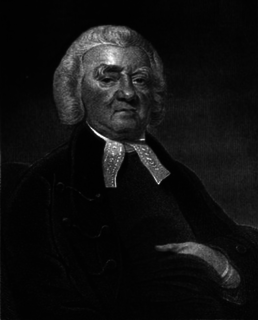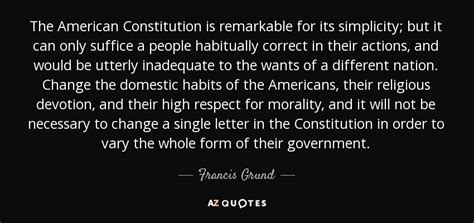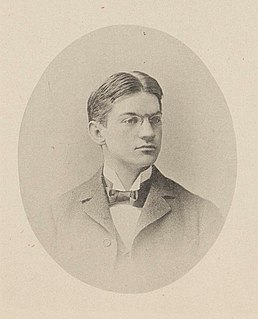A Quote by Aristotle
In [the soul] one part naturally rules, and the other is subject, and the virtue of the ruler we maintain to be different from that of the subject; the one being the virtue of the rational, and the other of the irrational part. Now, it is obvious that the same principle applies generally, and therefore almost all things rule and are ruled according to nature.
Related Quotes
Souls that have lived in virtue are in general happy, and when separated from the irrational part of their nature, and made clean from all matter, have communion with the gods and join them in the governing of the whole world. Yet even if none of this happiness fell to their lot, virtue itself, and the joy and glory of virtue, and the life that is subject to no grief and no master are enough to make happy those who have set themselves to live according to virtue and have achieved it.
The soul has two parts, one rational and the other irrational. Let us now similarly divide the rational part, and let it be assumed that there are two rational faculties, one whereby we contemplate those things whose first principles are invariable, and one whereby we contemplate those things which admit of variation.
A tolerant person should not be harrased. The subject or the ruled ones generally is loyal to the ruler. The people tak to revolt when they are helpless. The duty of the ruler is that his humble people mey not tak to revolt being suppressed by his bad polity. Considering the forbearance of the subject, do not ill behave with them so that they may feel oppressed.
Phronimos, possessing practical wisdom . But the only virtue special to a ruler is practical wisdom; all the others must be possessed, so it seems, both by rulers and ruled. The virtue of a person being ruled is not practical wisdom but correct opinion; he is rather like a person who makes the pipes, while the ruler is the one who can play them.
Subjects who reciprocally recognize each other as such, must consider each other as identical, insofar as they both take up the position of subject; they must at all times subsume themselves and the other under the same category. At the same time, the relation of reciprocity of recognition demands the non-identity of one and the other, both must also maintain their absolute difference, for to be a subject implies the claim of individuation.
If a man of good natural disposition acquires Intelligence [as a whole], then he excels in conduct, and the disposition which previously only resembled Virtue, will now be Virtue in the true sense. Hence just as with the faculty of forming opinions [the calculative faculty] there are two qualities, Cleverness and Prudence, so also in the moral part of the soul there are two qualities, natural virtue and true Virtue; and true Virtue cannot exist without Prudence.
I consider the domestic virtue of the Americans as the principle source of all their other qualities. It acts as a promoter of industry, as a stimulus to enterprise and as the most powerful restraint of public vice. . . . No government could be established on the same principle as that of the United States with a different code of morals.
The subject who speaks is situated in relation to the other. This privilege of the other ceases to be incomprehensible once we admit that the first fact of existence is neither being in itself nor being for itself but being for the other, in other words, that human existence is a creature. By offering a word, the subject putting himself forward lays himself open and, in a sense, prays.




































